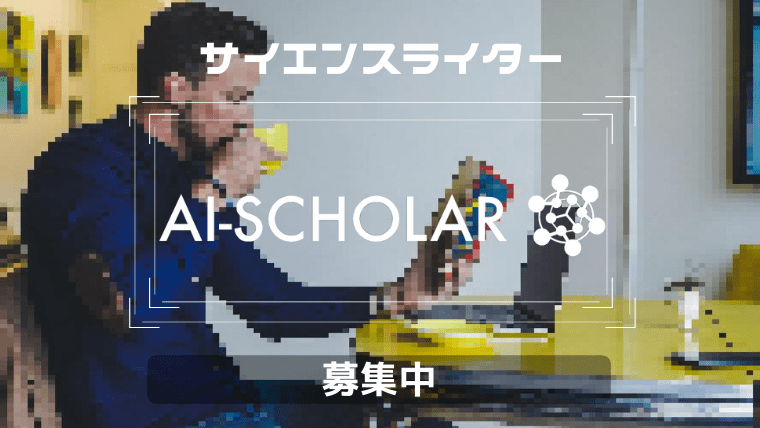The Neuralnet Does Not Like Cheating
3 main points
✔️ It is a natural thing for neural nets to do.
✔️ It needs to be understood on the part of the user.
✔️ An o.o.d. test is desirable to assess unintended learning, and an i.i.d. test is not sufficient.
Shortcut Learning in Deep Neural Networks
written by Robert Geirhos, Jörn-Henrik Jacobsen, Claudio Michaelis, Richard Zemel, Wieland Brendel, Matthias Bethge, Felix A. Wichmann
(Submitted on 16 Apr 2020 (v1), last revised 20 May 2020 (this version, v3))
Comments: Published by arXiv
Subjects: Computer Vision and Pattern Recognition (cs.CV); Artificial Intelligence (cs.AI); Machine Learning (cs.LG); Neurons and Cognition (q-bio.NC)
Introduction
Deep learning (DL) has been the catalyst for the recent AI boom. Currently, DL has been successful in various fields such as science, industry, and medicine. However, despite the success of DL, there have been many failures. The biggest danger is that "there is a lack of theoretical understanding of DL.
- If you're going to get in an autonomous car and put your life in the hands of an AI
- If the success or failure of an interview is evaluated by a neural network, then
- If cancer screening results can be evaluated with the help of deep learning, then
These real-world applications inevitably require us to have the theory and a thorough understanding of the subject. Too often, AI is presented to the world as being full of successes. This creates an undue expectation in society that AI must be successful. I hope it also helps us to understand that AI is still in its developmental stages.
This article deals with a paper about Shortcut Learning, which will be covered in this issue of DL is cheating. In this article, we will go through an overview of Shortcut Learning.
To read more,
Please register with AI-SCHOLAR.
ORCategories related to this article








